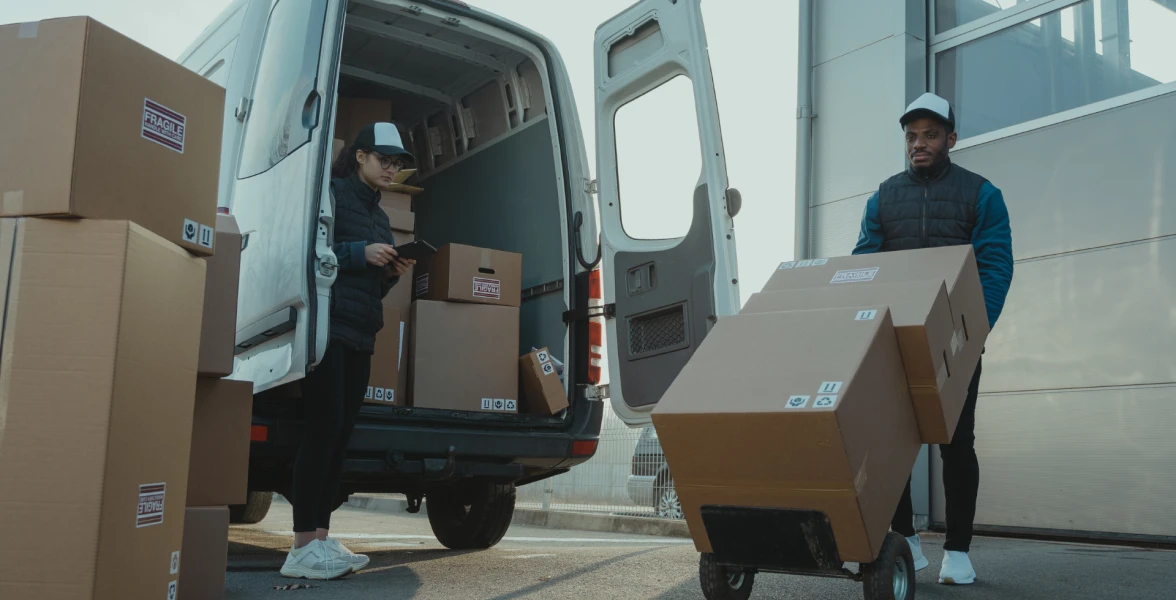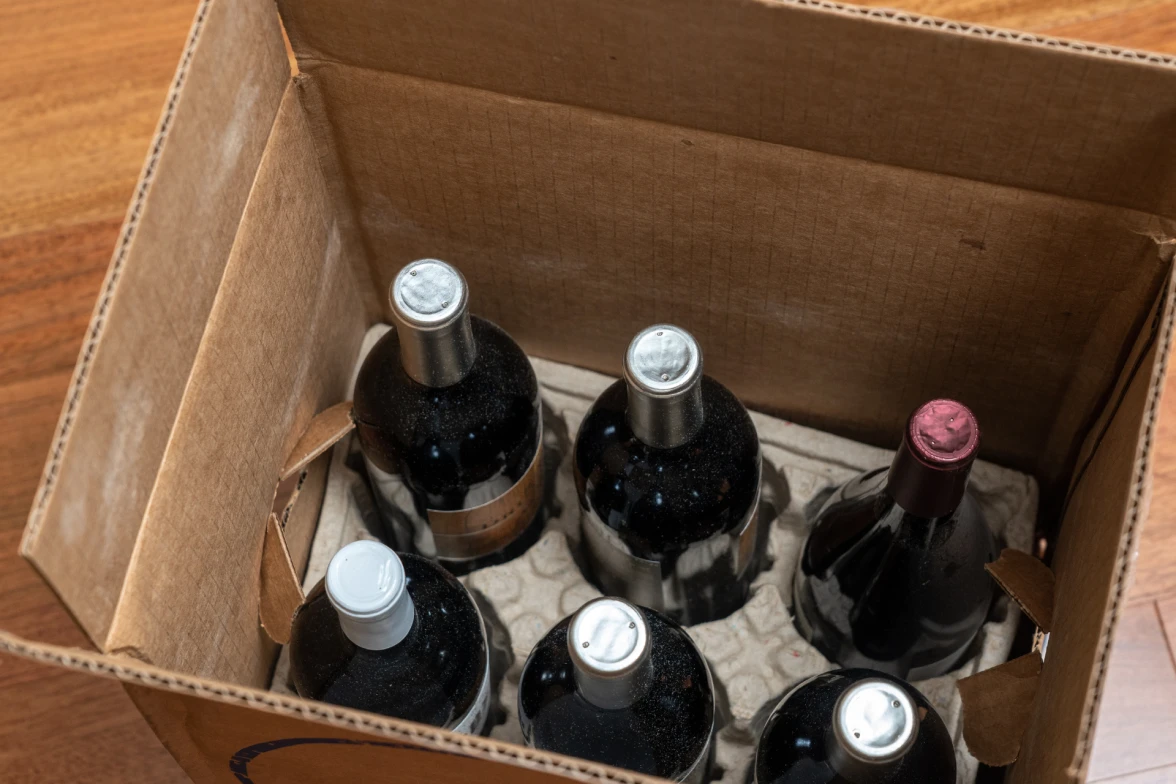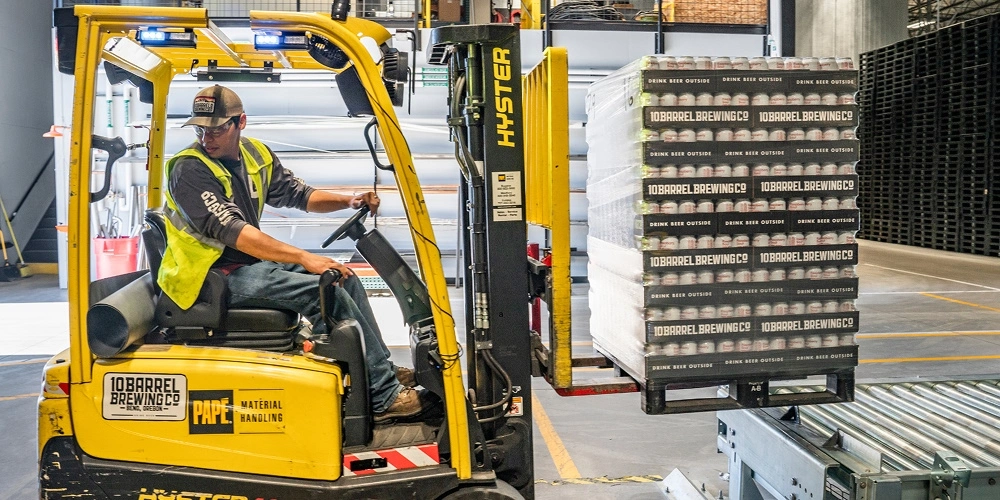Table of Contents
- What is Co-Packing and Why Does It Matter?
- How Start-ups Can Leverage Co-packing Companies for Rapid Growth
- Choosing the Right Co-packer Service for Your Business
- Integrating Co-packing into a Scalable Business Strategy
- Is Co-packing the Right Move for Your Brand?
- FAQs About Contract Packaging
- Key Takeaways
- Streamline Packing Logistics with Brew Movers
Join our
Mailing List
Stay up-to-date with BREW MOVERS latest news and service offerings.

Co-packing Logistics: How Start-ups Can Optimize for Business Strategies
Published Date: 26 February 2025
Last Updated: February 2026






